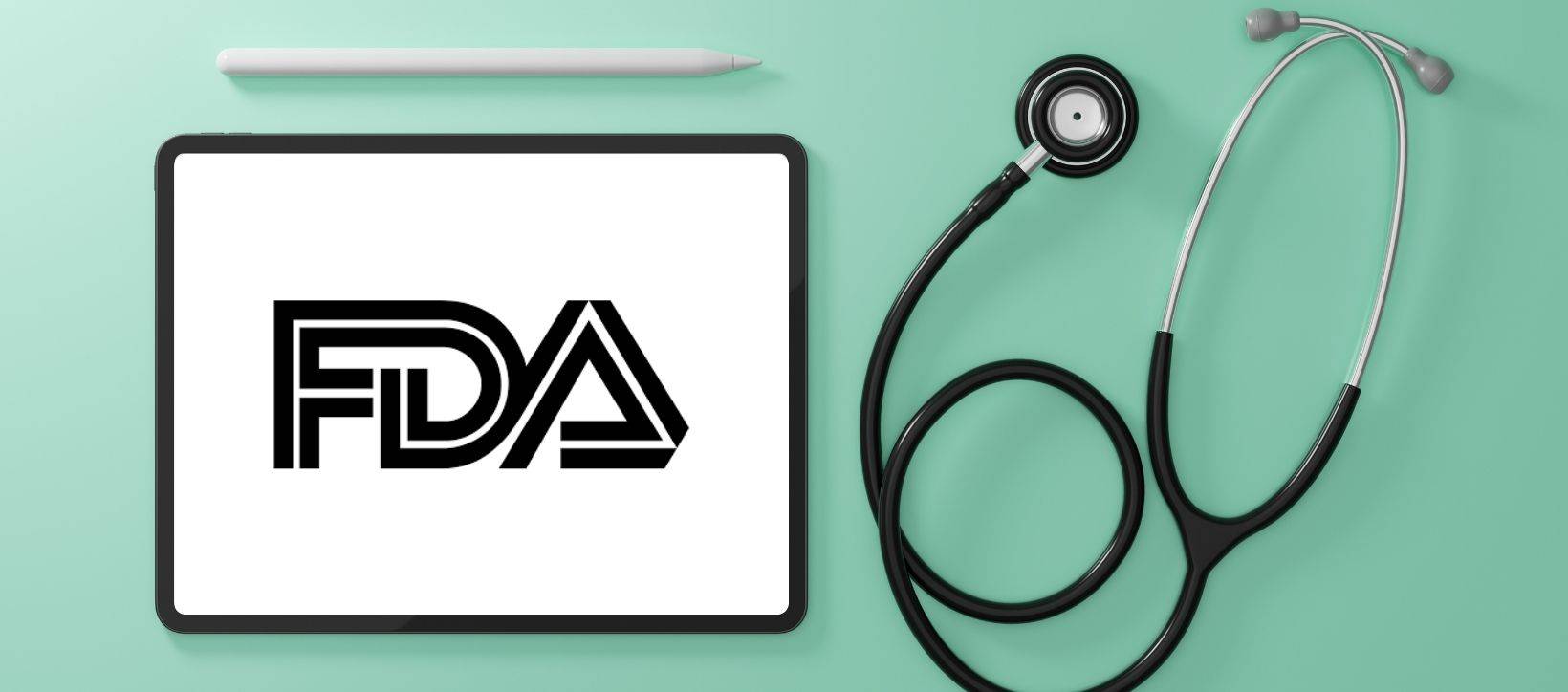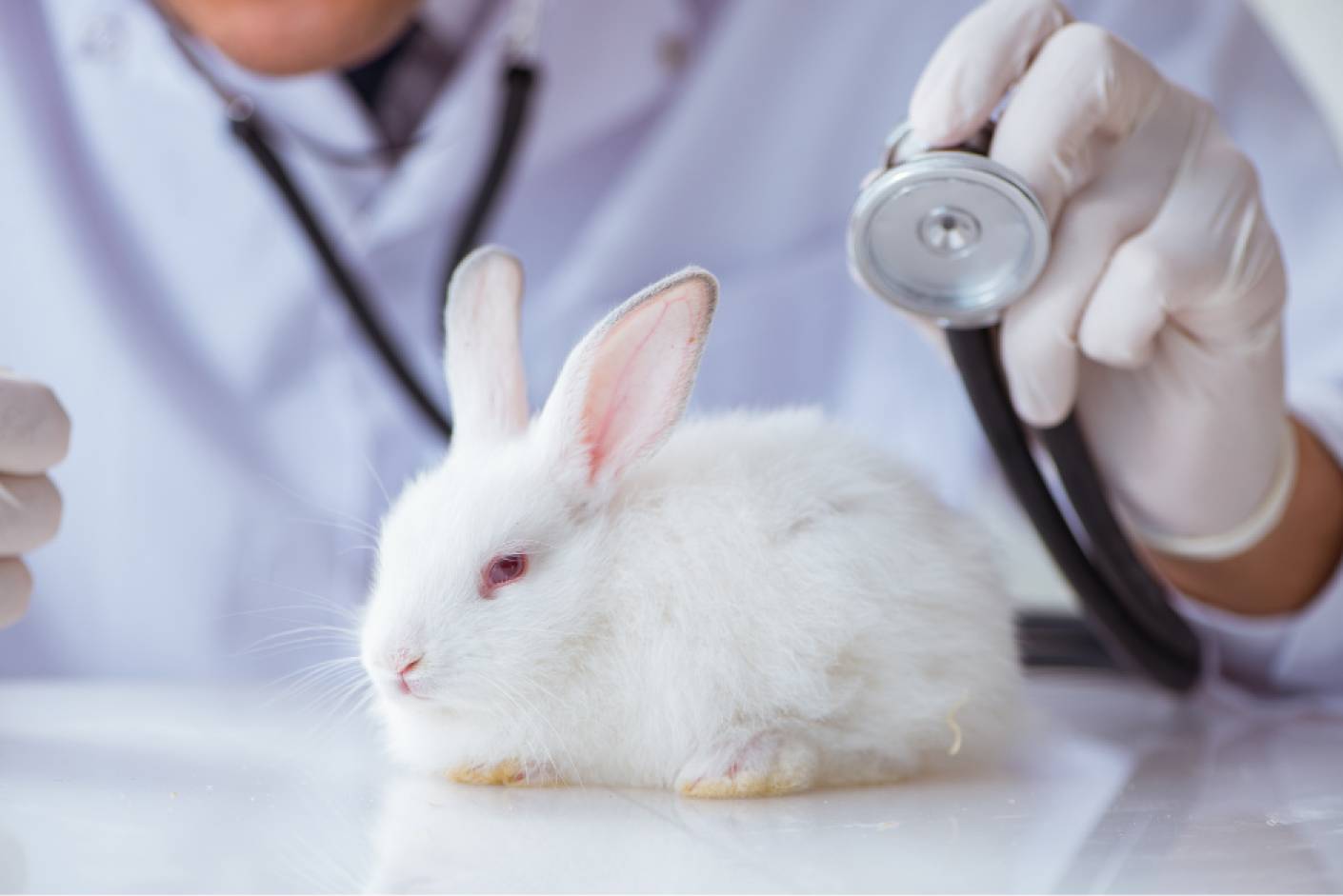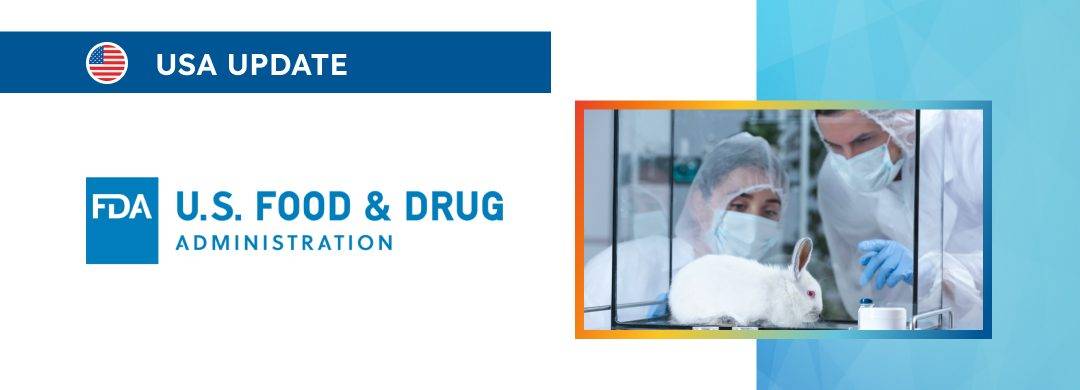The new article provides an overview of the regulatory framework for animal studies involving medical devices.

Table of content
The Food and Drug Administration (FDA or the Agency), the US regulating authority in the sphere of healthcare products, has published a guidance document dedicated to general considerations for animal studies.
The document provides an overview of the applicable regulatory requirements, as well as additional clarifications and recommendations to be taken into consideration by medical device manufacturers and other parties involved in order to ensure compliance thereto.
At the same time, the authority explicitly states that provisions of the guidance are non-binding in their legal nature, nor are they intended to introduce new rules or impose new obligations.
Moreover, an alternative approach could be applied, provided such an approach is in line with the existing legal framework and has been agreed with the authority in advance.
Regulatory Background
The FDA has issued this guidance document in order to assist stakeholders in designing, conducting, and reporting animal studies for assessing the safety of medical devices.
As explained by the authority, these studies are vitally important for providing preliminary safety evidence, addressing such aspects as device performance, handling, and biological impact.
The purpose of this guidance is to ensure consistent and efficient review of medical device submissions that incorporate animal study data.
While the document offers recommendations reflecting the FDA’s current position, it emphasizes that these are not legally binding but should be considered seriously unless specific regulatory requirements are cited.
According to the document, animal studies are important for understanding how medical devices interact with living biological systems. They assess the physiological, pathological, and toxicological effects of devices, as well as the impact of biological systems on the devices.
These studies are often essential for premarket submissions and must comply with Good Laboratory Practice (GLP) Regulations.
GLP Regulations aim to guarantee the quality and integrity of safety data. The primary goal of these studies is to provide evidence of a device’s safety, which can be inherently linked to its performance and handling, especially in the case of implantable or interventional devices.
The present guidance document further clarifies that animal studies supporting medical device safety must adhere to GLP Regulations, but it does not detail the specific instances when GLP compliance is required.
This compliance depends on individual circumstances, and the FDA advises consultation through the Q-Submission process for specific queries on a case-by-case basis.
The guidance covers various elements of animal studies, including qualifications of personnel, study planning, conducting processes, animal model selection, monitoring, evaluation, testing facility selection, animal housing, and record-keeping.
It also guides on preparing animal study reports for FDA submissions.

FDA Support for Alternative Testing Methods
Emphasizing the principles of “3Rs” (replace, reduce, refine), the FDA encourages replacing animal testing with feasible alternatives and refining methods to minimize animal use.
The Agency is open to considering equivalent alternative testing methods through the Q-Submission process and offers guidance on designing animal studies, including considerations for control adequacy, intervention methods, and bias minimization.
Collaboration and Regulatory Context
The FDA emphasizes its partnerships with other federal bodies including APHIS and NIH to promote proper animal care and welfare.
These collaborations are part of the broader regulatory and policy framework governing laboratory animal care in the U.S.
This guidance applies to animal studies that provide evidence of device safety in various premarket submissions, including IDE applications, PMA, 510(k), HDE applications, and De Novo classification requests. It is designed to augment, not replace, device-specific guidance.
However, it does not cover basic exploratory studies, preliminary physical or chemical assessments, or studies under the Animal Rule, nor does it address other agencies’ regulations.
Conclusion
In summary, the present guidance document issued by the FDA highlights the key points related to animal studies as a source of data used to assess the safety and performance of a medical device when used for its intended purpose.
The authority additionally emphasizes that whilst animal studies could be used to understand how the device in question interacts with a living organism, they should be replaced with other methods where possible.
How Can RegDesk Help?
RegDesk is a holistic Regulatory Information Management System that provides medical device and pharma companies with regulatory intelligence for over 120 markets worldwide. It can help you prepare and publish global applications, manage standards, run change assessments, and obtain real-time alerts on regulatory changes through a centralized platform. Our clients also have access to our network of over 4000 compliance experts worldwide to obtain verification on critical questions. Global expansion has never been this simple.

